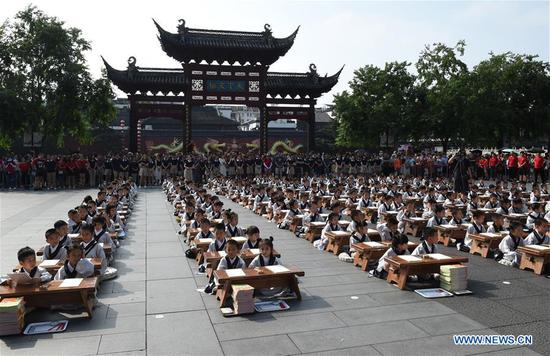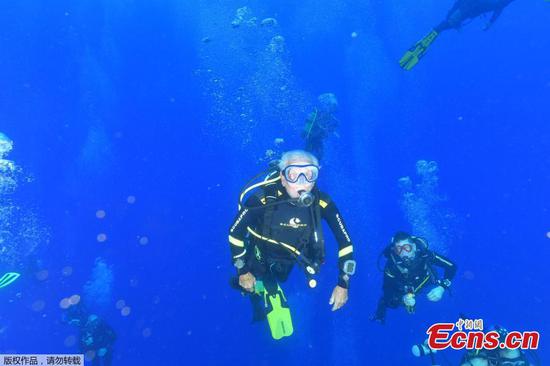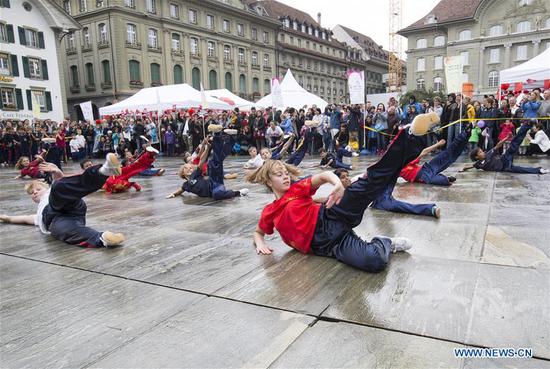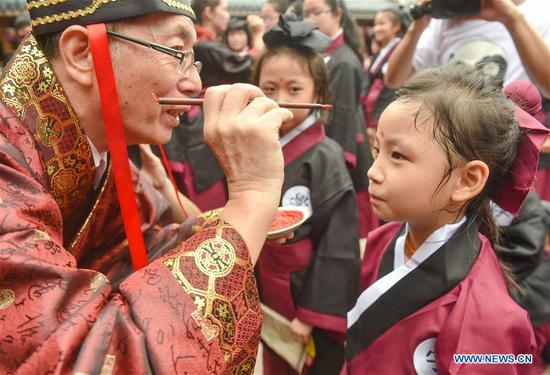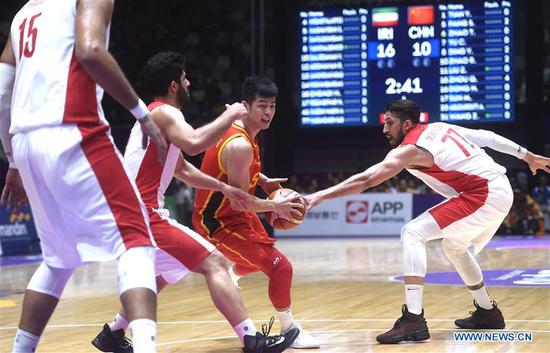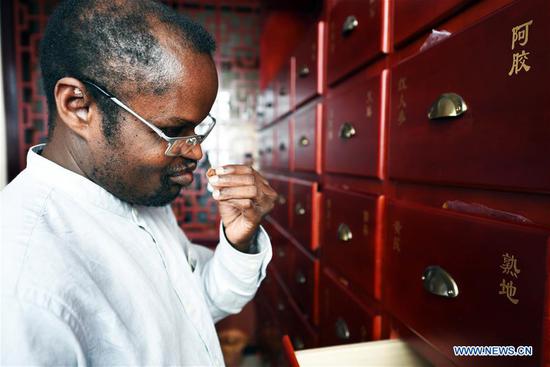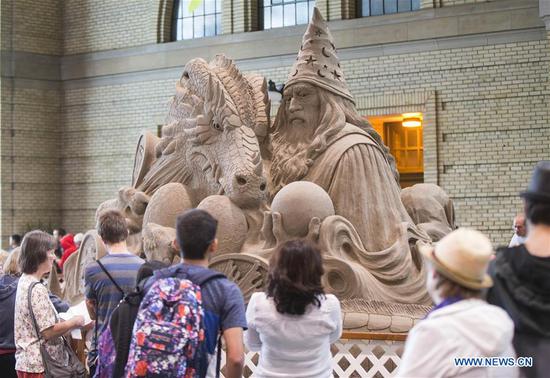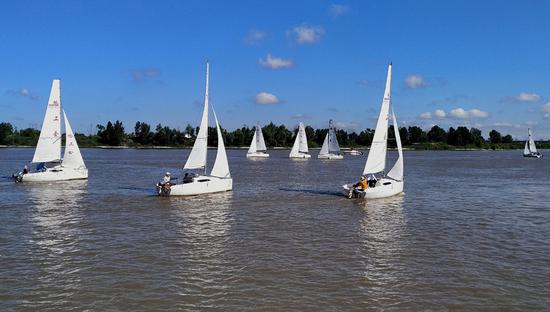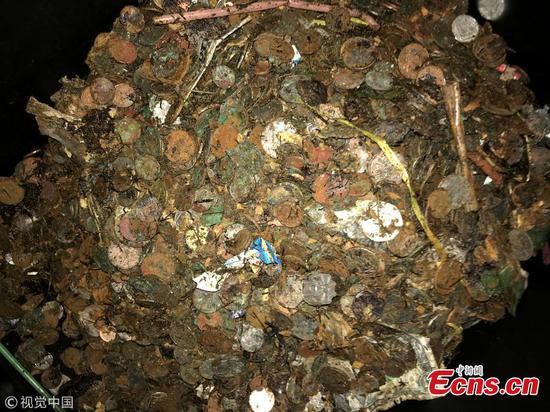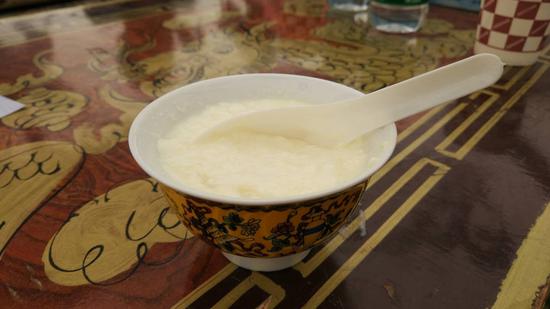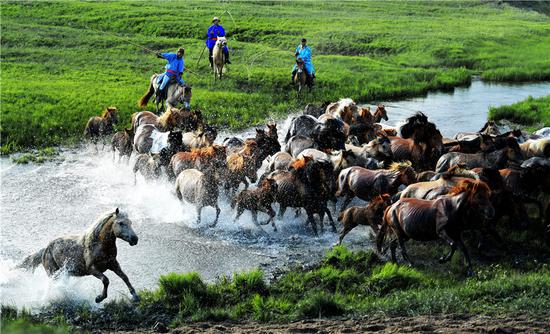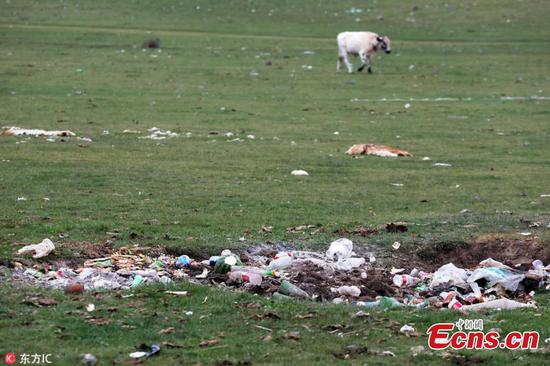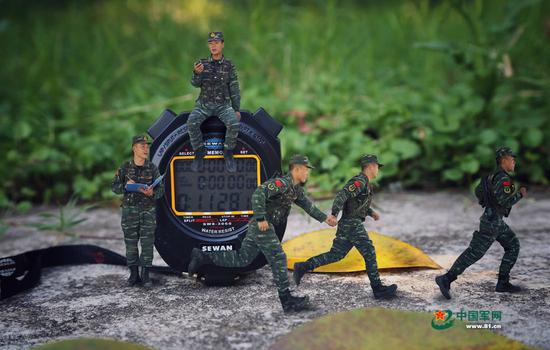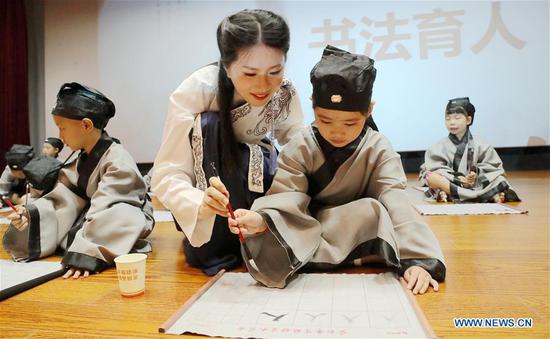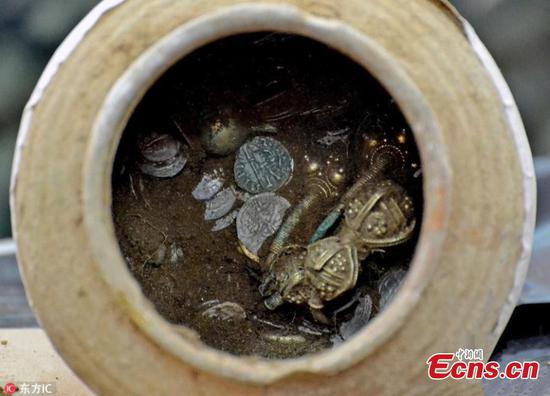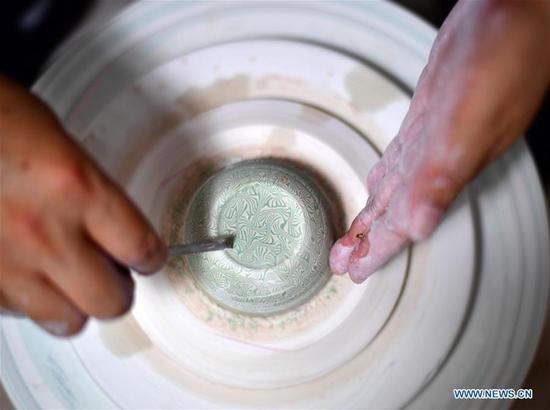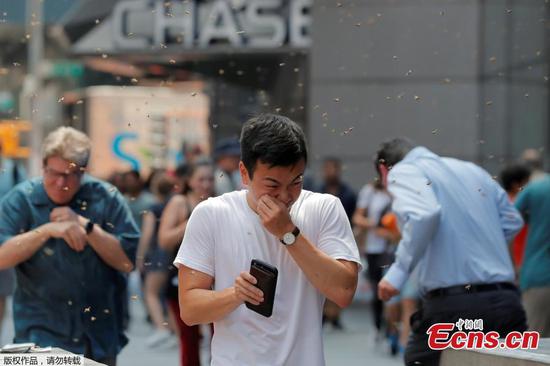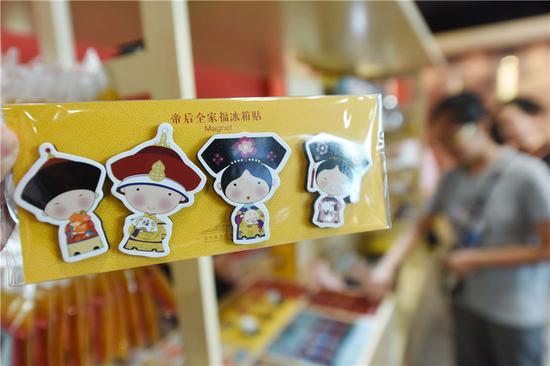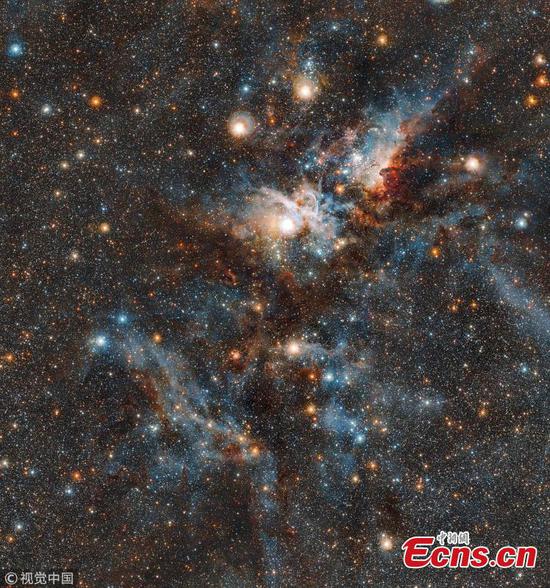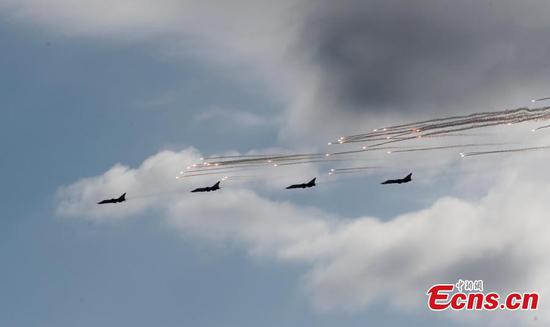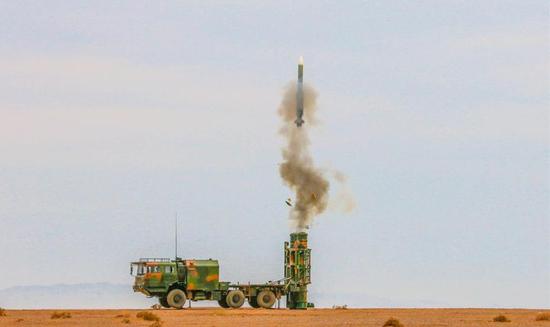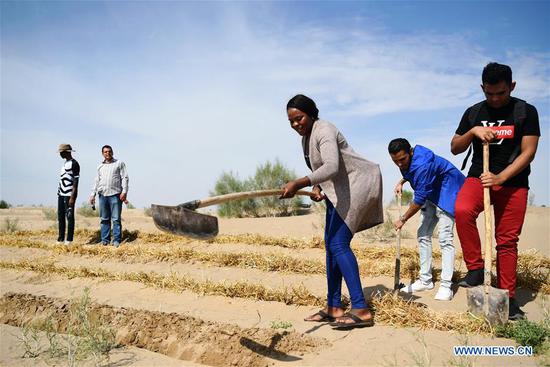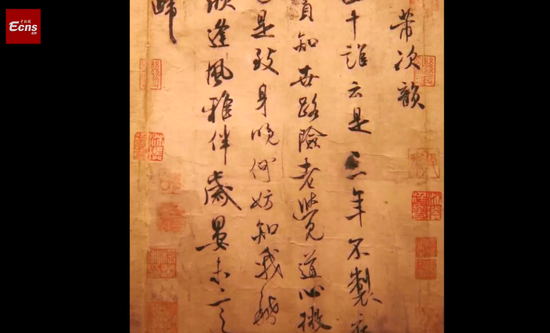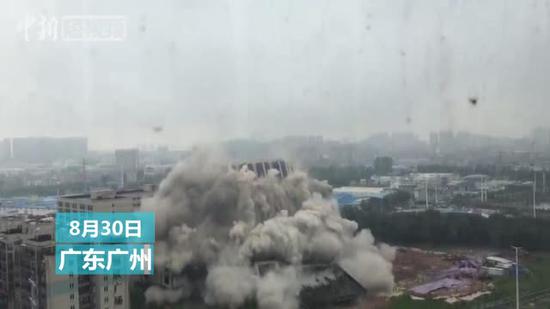Chinese researchers and doctors have built an artificial intelligence (AI) model with medical imaging to help determine whether patients with severe brain damage might regain consciousness.
Severe brain injury can lead to disorders of consciousness (DOC). Some patients can recover from an acute brain injury, but others fall into chronic DOC, also known as a vegetative state. They cannot communicate or act consciously.
China has more than 500,000 patients with chronic DOC caused by brain trauma, stroke, and other brain diseases, with 70,000 to 100,000 new cases each year. Most patients remain bedridden, and require laborious care, bringing great stress and heavy costs to their families.
Most doctors assess the chances of recovery according to three main indicators: the patient's age, the cause and the duration of the disorder. Studies have shown that patients with traumatic brain injury have a higher likelihood of recovery than those with non-traumatic brain injury, and young patients are more likely to have a favorable outcome than older ones.
Doctors also observe patients' actions, with tests such as clapping hands or tracking eyes, to find any evidence of awareness.
However, behavioral assessments are subjective and vulnerable to personal interpretation. For doctors, a lack of experience, poor training or ignorance of a patient's other health problems can give rise to misjudgments, said Song Ming, lead researcher of the study.
Researchers from the Chinese Academy of Sciences, along with doctors from PLA Army General Hospital and General Hospital of Guangzhou Military Command, over five years developed an AI model, which can make an assessment based on images of brain functional networks.
"When a brain functions, multiple brain regions are involved, and they form a network, working together. Like two mobile phones, though no actual wire links them, they have a functional connection when people make a phone call," said Song.
To study the brain functions of DOC patients, resting state functional MRI (fMRI), a medical imaging technique, has been widely used in recent years. Through MRI scanning, Song and his research team have found typical features seen in the brain functional networks of DOC patients, which can be biomarkers to trace the level of consciousness and predict the possibility of recovery.
To train the AI, developers fed it tens of thousands of brain images of 63 DOC patients at least one month after their brain injury.
The model diagnosed patients who would recover consciousness and those who would not with an accuracy of 88 percent in 100 cases.
The research was recently published in the international journal eLife.
Reviewers of the journal were impressed by the sample size used in the paper, but Song thought more data was still needed to confirm the validity and reliability of the model.
"We believe the model can make an accurate assessment and might help families of DOC patients understand the outcomes in advance and make an informed decision," said Song.
It is not the first AI technology to help doctors. In June, a Beijing hospital made headlines after unveiling an AI system that can diagnose brain tumors and forecast hematoma expansion faster and more accurately than doctors.
Song thought most research and applications focused on diseases that can be observed by doctors through medical images.
In this study, doctors cannot see directly the brain functional network and its relevance to DOC.
"Thus, the model also provides a new clue to understand the disease," said Song.










